15 Things I Wish I Knew Before I Bought My House
No one really tells you how many surprises come with buying a house. You think you’ve got it all figured out until the first weird issue shows up, and suddenly, you’re googling things you’ve never heard of, wondering why no one has mentioned any of this before.
Misleading Listings Can Hide Opportunities
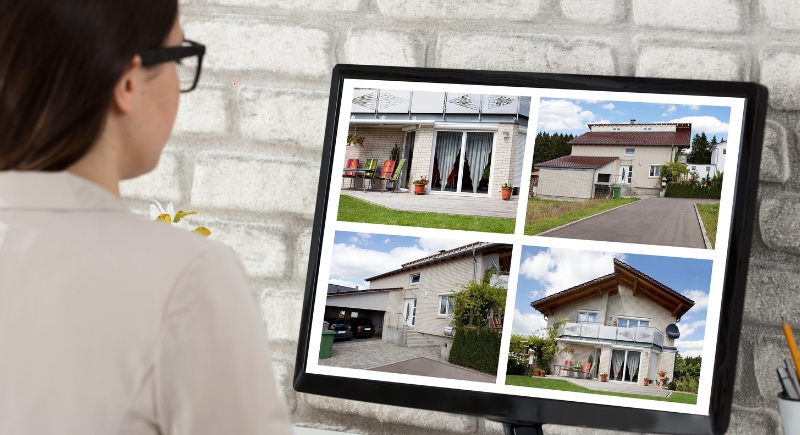
Credit: Getty Images
Not every listing tells the full story. Rooms without closets may not be counted as bedrooms, but they can easily serve that purpose. Visit homes in person before ruling them out. Small technicalities in descriptions could cause you to miss a property that fits your needs surprisingly well.
School Zones Shape Home Values More Than You Think
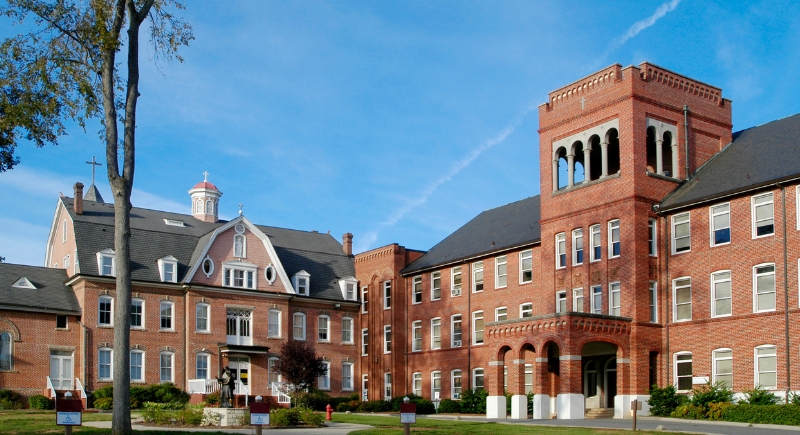
Credit: Getty Images
Even if children aren’t part of your plan, the local school district affects your bottom line. Homes near top-rated schools often sell for tens of thousands more. Buyers consistently pay a premium to be inside sought-after districts, and properties in these zones also tend to hold value longer.
Refinish Floors Before Moving In
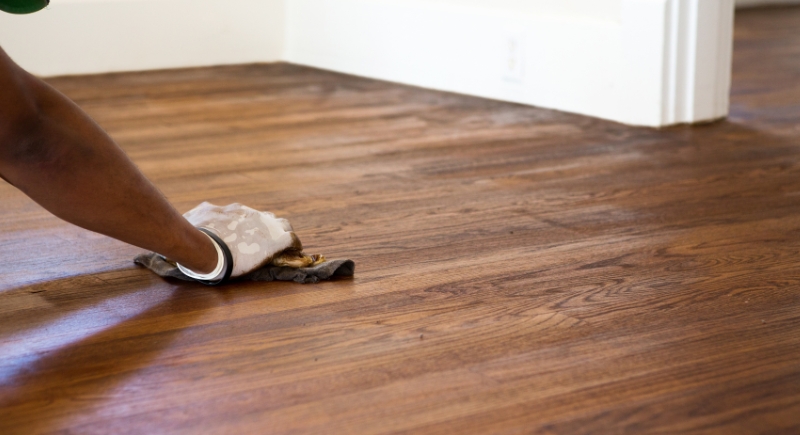
Credit: Canva
Hardwood refinishing is messy and time-consuming, especially once furniture is inside. Tackling it before move-in day saves time and hassle. Depending on wood type and location, you can expect to pay between $3 and $8 per square foot. Clean floors also make the space feel fresh when you finally settle in.
Repairs Will Happen Sooner Than You Think
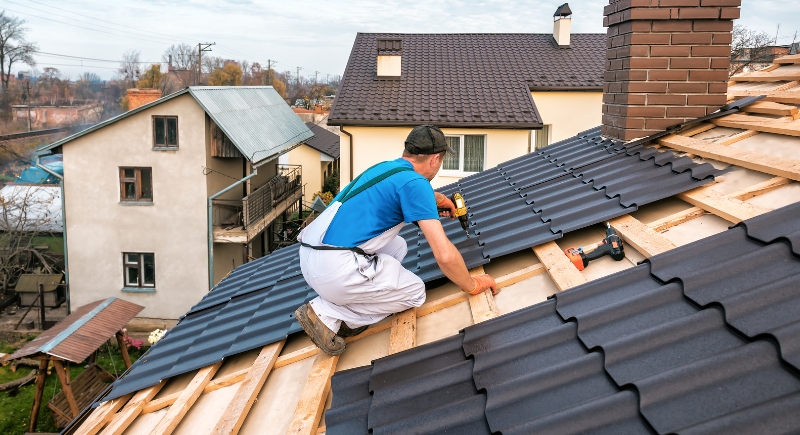
Credit: Canva
Unexpected maintenance is a guarantee, even in newer homes. You might be replacing a water heater, fixing leaks, or paying for a new roof within months. For example, a chimney liner repair alone can run over $2,000. Emergency funds are a necessity when you’re a homeowner.
The Right Realtor Makes a Lasting Difference

Credit: pexels
An experienced realtor can prevent rushed decisions, navigate bidding wars, and save you from overpriced properties. They know when to act quickly and when to walk away. Trusting someone who understands the local market can make the difference between a smart buy and an expensive mistake.
Stay Calm When Things Fall Apart
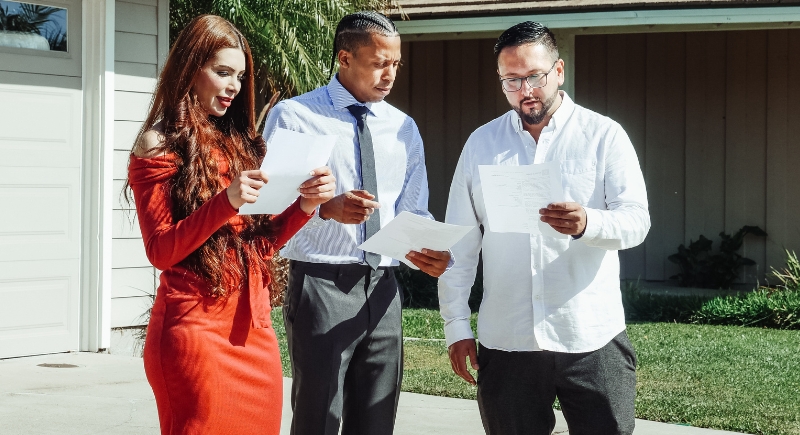
Credit: pexels
Deals collapse for all kinds of reasons, like low appraisals or financing changes. Staying emotionally neutral helps when a property slips away. That house you were convinced was “the one” might not have passed inspection anyway. Another, better-suited home almost always turns up with patience and persistence.
Older Homes Are Full of Surprises
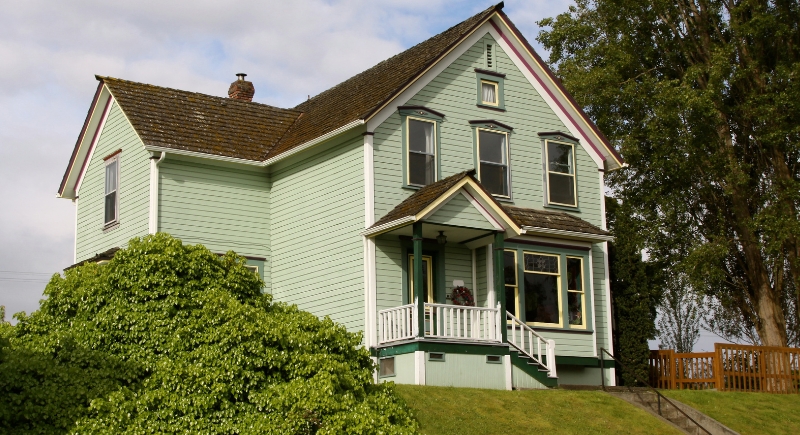
Credit: Getty Images
Charm often comes with a cost. Homes built before 1978 may contain asbestos or feature outdated electrical systems like knob-and-tube wiring. Even insulation might be missing entirely, which could drive up energy bills. Inspections on older homes should go beyond the surface to avoid expensive surprises.
TV Shows Don’t Show the Real Renovation Grind
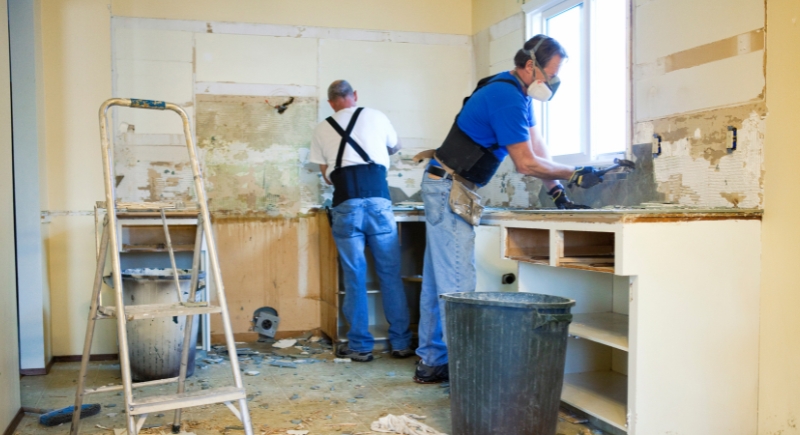
Credit: Getty Images
Those before-and-after montages skip the hard parts—permits, contractor delays, and budget overruns. A bathroom gut-job could take months and cost double the estimate. Unless you’re handy or have deep pockets, choose a house you’re okay living in as-is. Upgrades rarely go as quickly or cheaply as expected.
Hold Off on Buying Furniture Immediately

Credit: nomadsoulphotos
It’s tempting to furnish everything fast, but resist. Living in your home for a while shows you how each space actually functions. That breakfast nook you thought needed a table might work better as a workspace. Save yourself money and hassle by waiting to buy large or custom pieces.
Ceiling Height Changes Everything
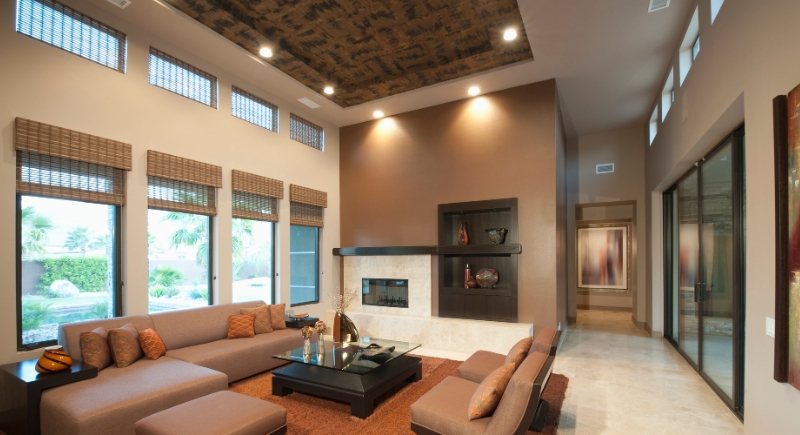
Credit: DAPA Images
High ceilings can dramatically change how a room feels. An eight-foot ceiling might feel just fine—until you step into a space with vaulted or cathedral ceilings. The added height gives the illusion of more space, better airflow, and natural light. For some, it’s worth prioritizing when house hunting.
Be Flexible About Home Styles
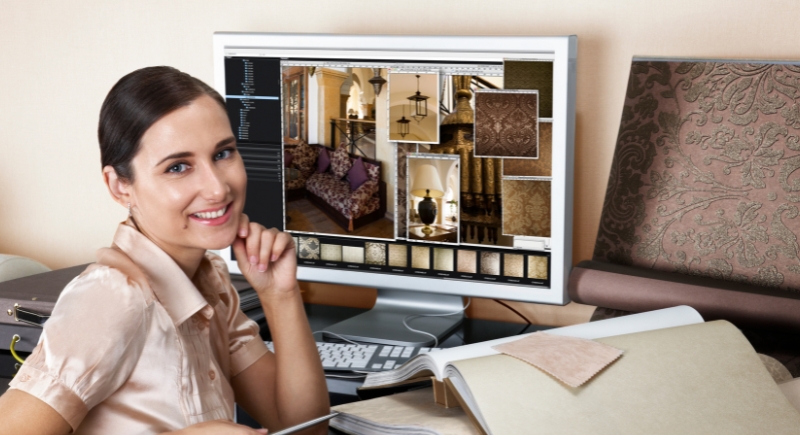
Credit: Getty Images
You might start out thinking you’ll only consider colonials or craftsman bungalows, but staying flexible can pay off. Many buyers fall in love with homes they never expected to like, especially when layout, location, or functionality make up for stylistic preferences. Let practical value guide your final decision.
The Neighborhood Vibe Really Does Matter

Credit: Canva
Even a perfect house feels off if the surrounding community isn’t a good fit. Before buying, walk around. Are neighbors friendly? Is it noisy at night? Try visiting during weekends and weekdays. You can’t pick your neighbors, but you can pick the street—and that choice makes a long-term impact.
Smaller Yards Get Smaller Fast
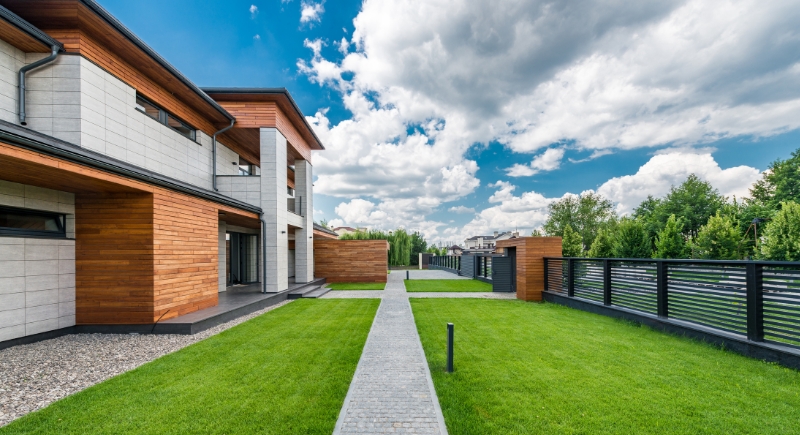
Credit: pexels
At first, a half-acre yard may sound huge, but once you add a deck, garden, and play area, it shrinks quickly. Space matters if you want room for outdoor activities or future expansions. Yard size can also affect privacy and resale value more than first-time buyers usually anticipate.
There’s No Such Thing as a Perfect House

Credit: Getty Images
Every home has tradeoffs. One might be in the right neighborhood but have a small kitchen. Another might have everything you want except curb appeal. Identify non-negotiables early and be willing to compromise on the rest. The best fit is the one that checks your real priorities.
Lead Paint Still Exists—and It’s Serious
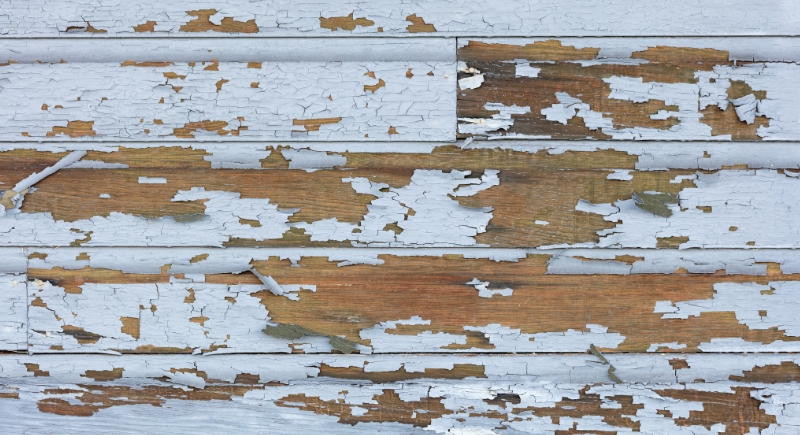
Credit: Getty Images
Aside from asbestos, homes built before 1978 might also contain lead-based paint, especially under newer layers. If disturbed, it can release toxic dust harmful to children and pregnant women. A lead inspection is strongly recommended in older properties. If remediation is required, it could cost thousands, but it’s crucial for a safe living environment.